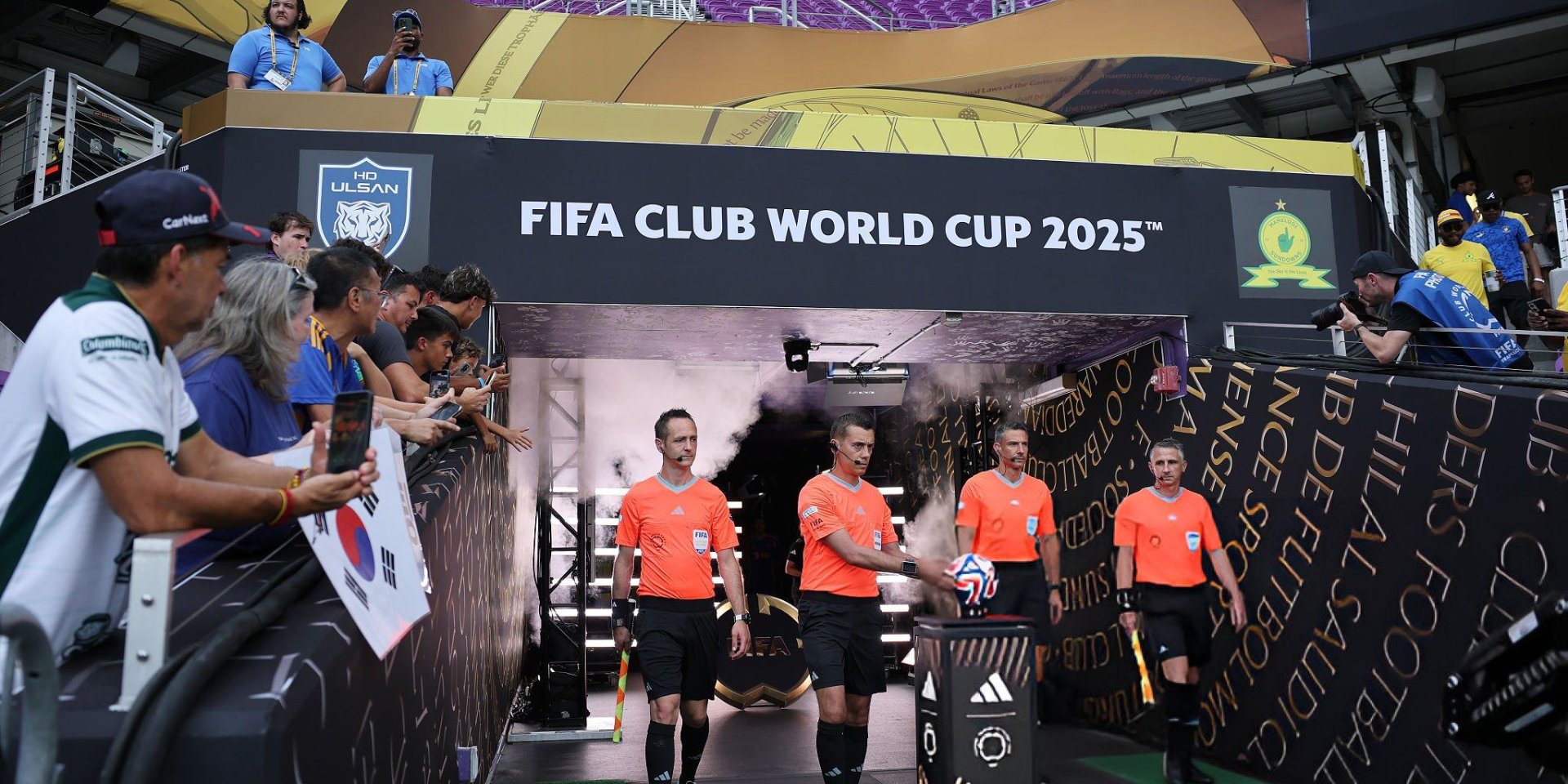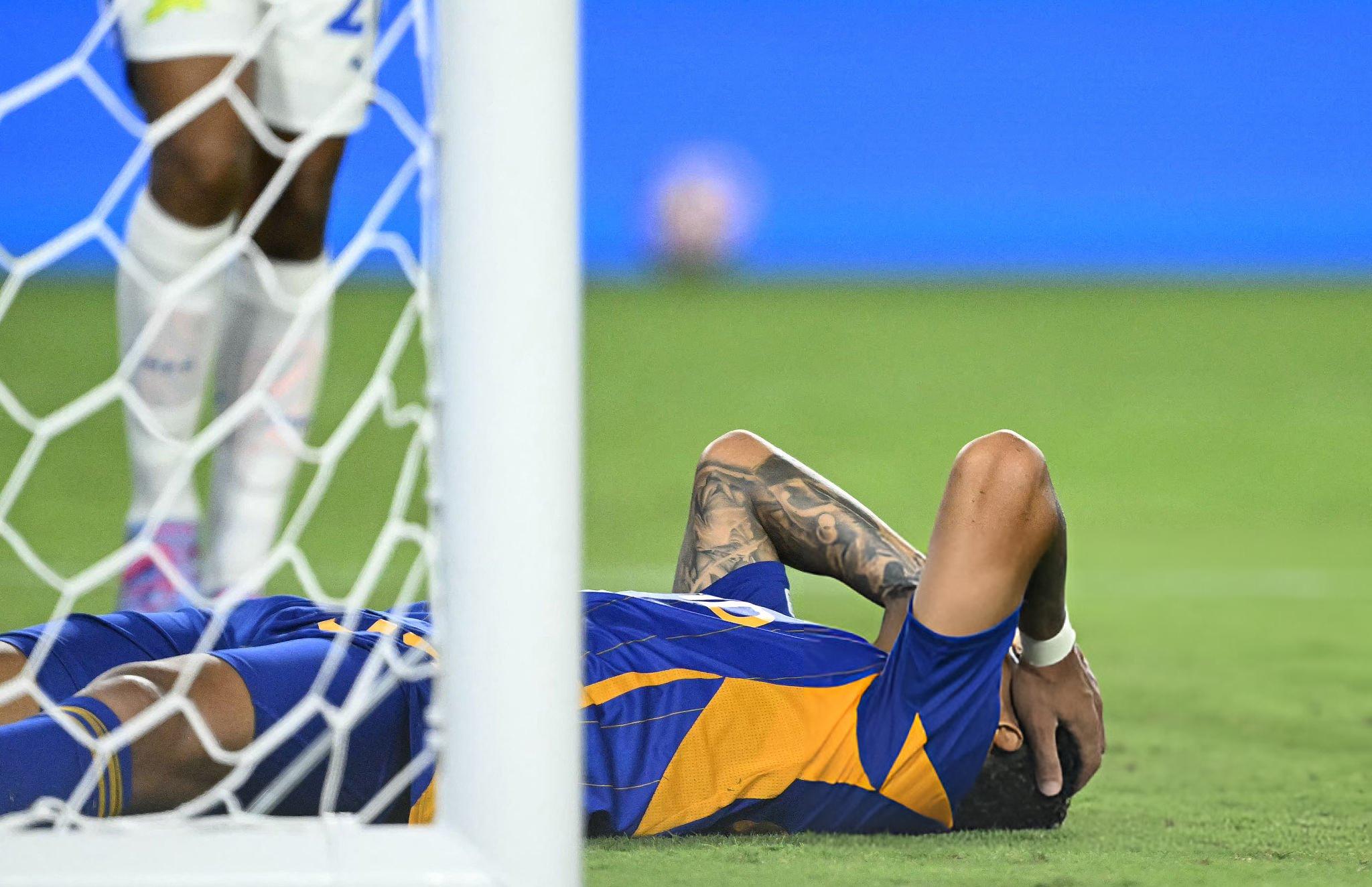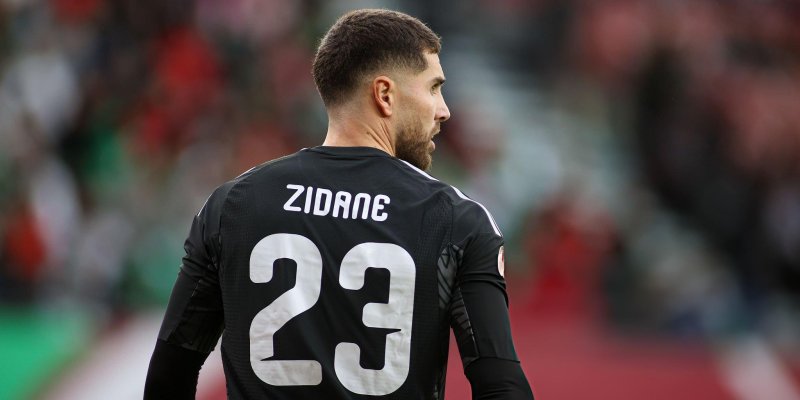
Historic Debut of the Innovation
On the pitch in Jeddah, it was not only the showdown between South Korea’s Ulsan HD and South Africa’s Mamelodi Sundowns that went into the history books; French referee Clément Turpin did as well. It was in this match that the official first applied the new rule introduced by the International Football Association Board (IFAB), which limits a goalkeeper’s ball control to eight seconds.
The Essence of the Eight-Second Rule
According to the regulations, the goalkeeper must return the ball to play—by throwing, kicking, or a quick rollout to a teammate—no later than eight seconds after gaining full control. Exceeding the limit is deemed deliberate time-wasting, and the punishment is now harsher than the customary indirect free-kick: the referee immediately awards a corner kick to the opposition.
First Casualty: The Ronwen Williams Example
The “victim” of the innovation was Sundowns’ keeper Ronwen Williams. After another save, he held the ball longer than allowed, hoping to chew up a few precious seconds. Turpin responded by raising his arms, displaying eight splayed fingers to everyone, and pointed to the corner flag. The crowd initially looked puzzled, then erupted in approving cheers—football had gained another weapon against time-wasting.

Referee’s Gesture: Remembering the New Signal
Spotting the infraction is simple: the referee lifts both arms vertically, thumbs tucked in, the remaining eight fingers spread. This visual signal instantly informs players and spectators that the limit has expired and the ball passes to the attacking side for a corner.
Potential Tactical Impact
The new requirement is already forcing coaches and goalkeepers to rethink tempo-management strategies. Any keeper protecting a scoreline now risks gifting the opponent a highly dangerous set piece. Meanwhile, referees have gained a clear tool that can noticeably speed up the flow of a match and heighten the drama of finales where every second is worth its weight in gold. Many tournaments lie ahead, but there is little doubt: the eight-second rule is here to stay—and to reshape football’s time management forever.








